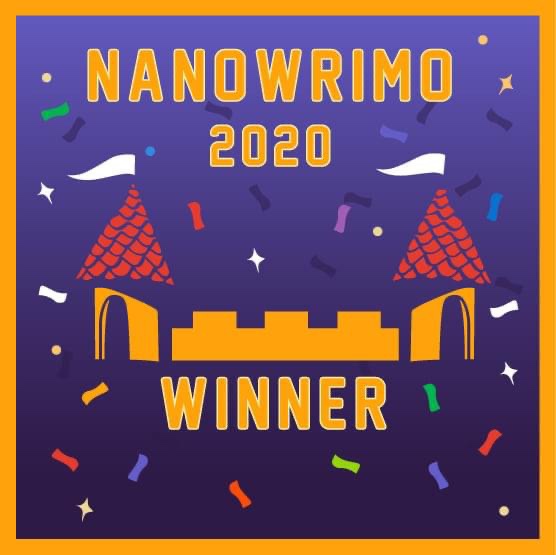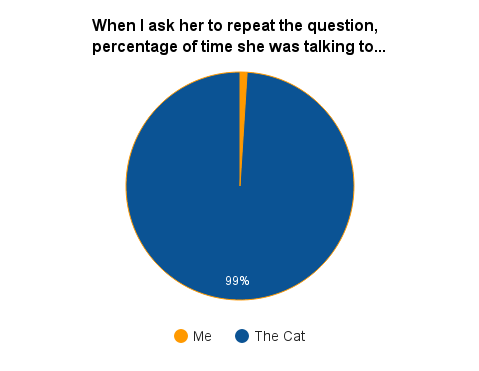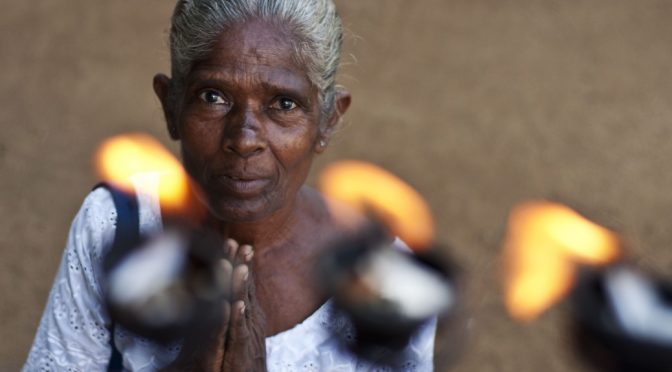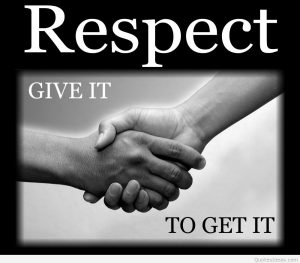I make the world better, one cashier at a time. I have a desire to lift people out of the darkness and see things anew. I’m a teacher. Is it my fault if the process feels intrusive?
Most of the time, I say nothing. I let it go. I only stand out because people rarely comment, or they say it in an unkind way. People are so keen to avoid confrontation that they see all forms as negative.
We are surrounded by processes so commonplace that we are blind to their original purpose. For example, my spouse may get up from the table, clap her hands together and flip her palms over and up. The gesture is so reflexive and fast (Jazz hands!) that if an outsider even notices they think nothing of it. But those that do notice it have no idea what to make of it.
But if you grew up in Las Vegas, where a dealer leaving a card table has to prove to the cameras and pit bosses that their hands are empty, it makes sense. Yet, when she gets up from the dinner table, she no longer has anything to prove. She hasn’t dealt cards since her college days. (OK, once at a church “Vegas Night. Shh.) But once the motion was learned it stopped meaning that her hands were empty and simply meant, “I’m done.”
I picked it up from her. We use it now as a gesture of, “Well, that’s that,” to close the subject of conversation. Clap. Flip. Sometimes, it can mean, “I’m done with that person.” Clap. Flip. Or, “I’m going to bed. Clap. Flip. Kiss. (I mean, we’re not dead yet.)
Regardless of the intention or the origin of a process, it will take a life of its own. That’s how new ideas become tradition, traditions become ritual, and ritual becomes dogma. Finally, someone (a process guy) asks why we’re doing that thing. Our inclination may be to cut that process but not without first knowing why it was ever critical.
At my local grocery store, they have a full-service deli, and because of health codes, they wear gloves when preparing orders.They put gloves on to prepare the food and take gloves off to handle money and other non-food related things. Scratching their ear, perhaps.
Then, if they’re following the protocol, they wash their hands, put on new gloves, and prepare more food. That prevents bacteria from contaminating and cross-contaminating other food, and me.
Watch any process like this and you’ll eventually see someone who fails to remove their gloves. They take your card with their gloved hand and swipe through the card reader, simultaneously swiping your personal microbiome onto their gloves, and then start to go back to preparing food.
Now, a process guy, might lean over and say, quietly, so as not to call them out publicly, “Excuse me, I noticed that you kept your gloves after you took my card. It’s easy to forget.” But a teacher, one who wants to make the world a better place one cashier at a time, might also attempt to explain – not why they need to remember to follow the protocol – but why they didn’t follow the protocol.
The reason is very much tied to the clap, flip gesture of the card dealer. You see, when food handlers – and health care workers, hair stylists, janitors, etc. – practiced wearing the gloves, it became a habit. They were learning a protocol to protect us from their germs. But over time and practice, the gloves became not our protection but their protection.
The gloves stopped becoming a barrier for spreading their germs to our food, and started becoming a barrier between our food and their hands. And once that thought takes root, it’s hard for the brain to find an incentive to take them off for us. I mean, would you want to touch our credit cards and cash with your bare hands?
A manager might look at the activity and order more training. They may also look at any disincentives in place such as limits on the number of gloves they have to order. They could also lean into the process and coach the employee to keep their gloves on to take the cash, but then remove the (now contaminated) gloves, wash their hands, and get fresh protection.
Aside from being squeamish at every sandwich shop from now on, keep examining the rituals around you. Look for the original process behind the actions. It may help you unwind the rote and the rot, give you the purpose behind the flow and the keys you need to develop the process to new levels of efficiency. And make the world a better place.
Image Credit: Anthony Albright, “Grabbing the Pork” (cropped from original.)









